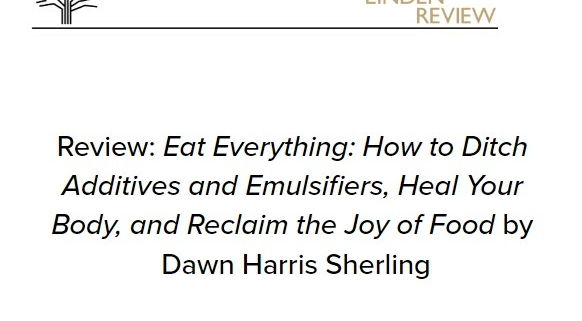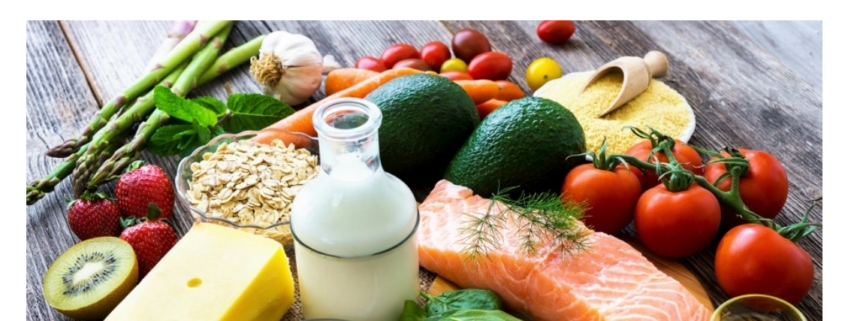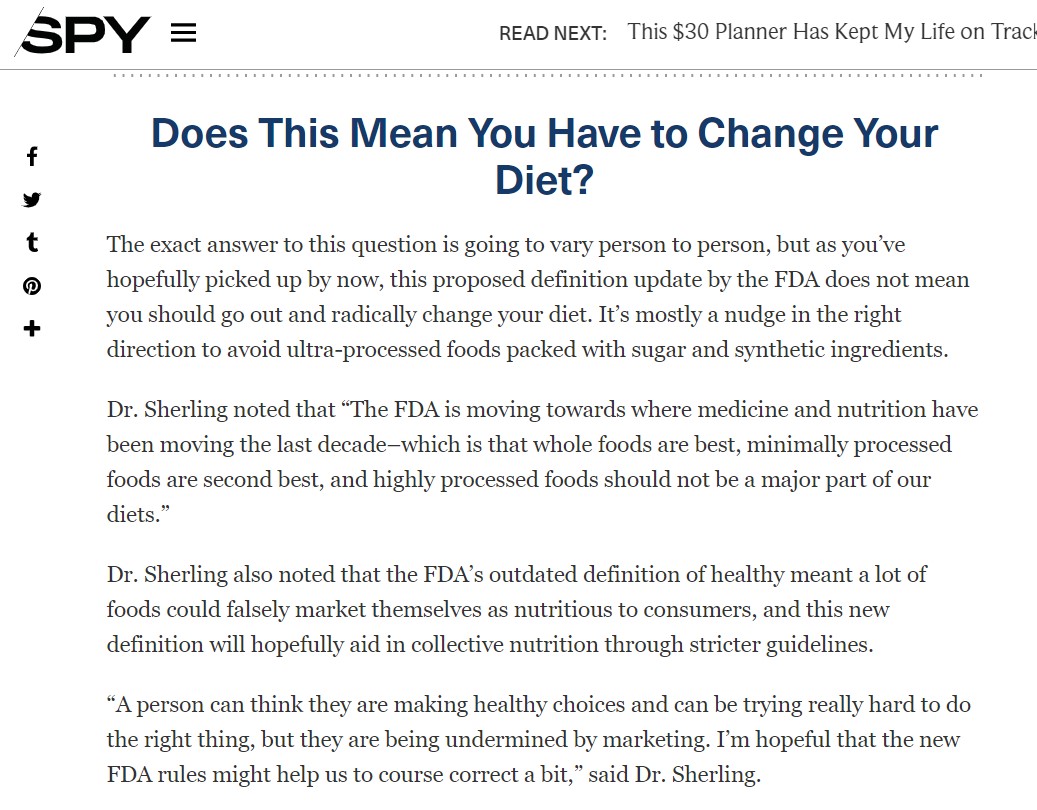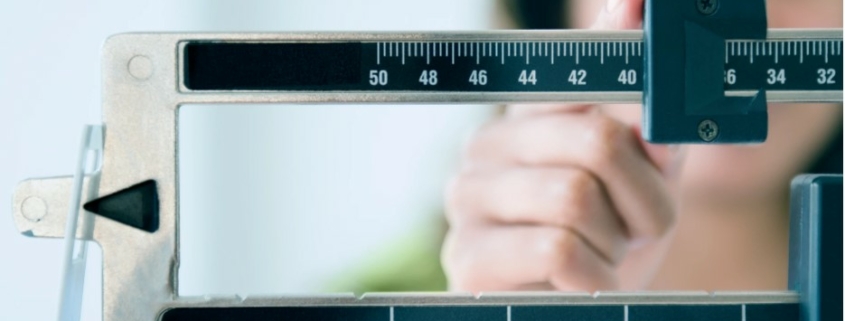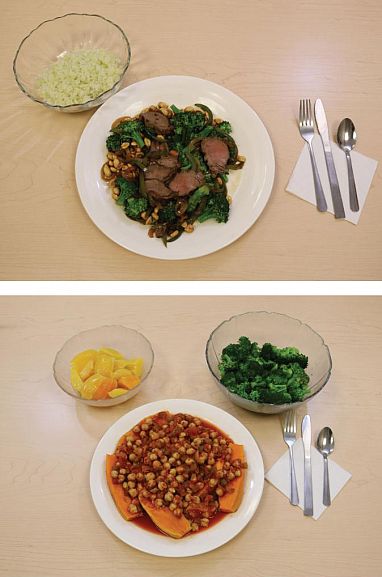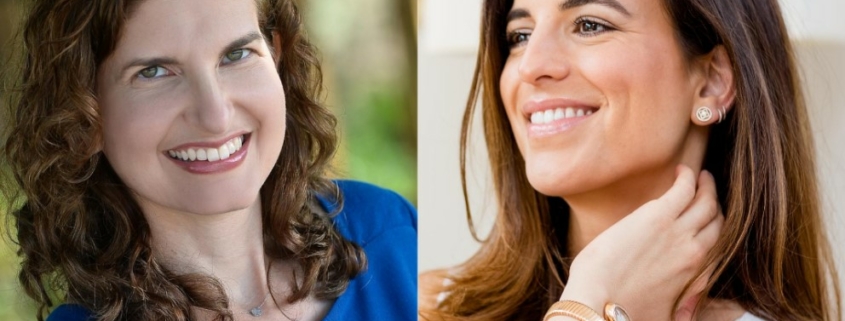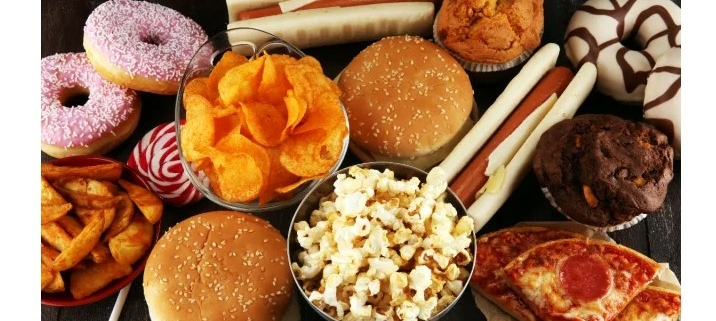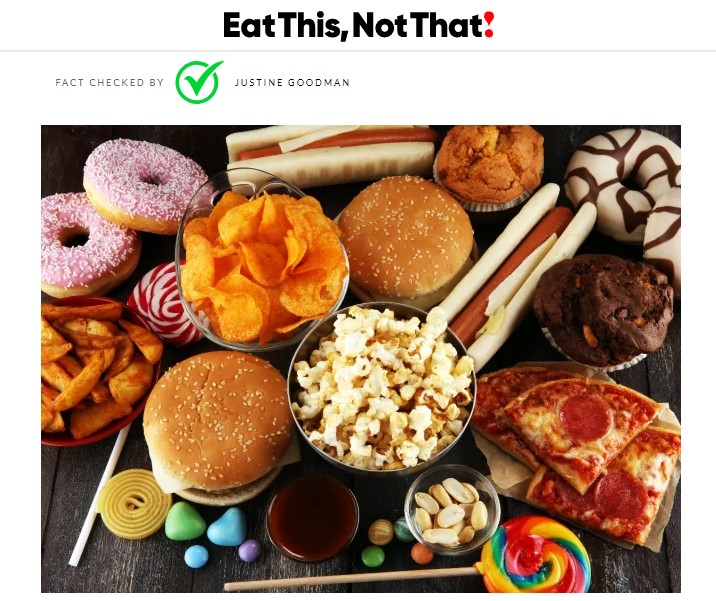I went to Italy where I ate only whole foods. My years-long symptoms of irritable bowels went away—completely gone—in two days. I came back to the U.S. and my IBS was back within a day of returning.
So, I started removing different emulsifiers and thickeners (used in over 50% of what we eat in the U.S.) from my diet and my gut felt and acted exactly like it did in Italy. I advised friends and patients to do likewise and they improved too. It wasn’t hard. It just took some careful label-reading at first. And a bit more cooking, which I like to do anyway (don’t ask me about cleaning—try to get someone else to do this).
“This happened!!!” I wanted to shout from every rooftop and started to.
“That’s not possible,” I was told by some other physicians.
And maybe I would have started to think that I was wrong except for my very practical physician husband having been there for the whole thing.
“You are right,” he would insist (I told him he should say that about other things I do too, but I digress).
It seems weird that I would start to doubt my own experience. But then I recalled the idea of scientific paradigms that I learned about in college. Basically, frameworks for ideas get set up and everything that follows needs to fit into that framework. If it doesn’t fit, it gets rejected.
And dietary emulsifiers causing some bowel disease, and contributing to other diseases, doesn’t fit with the current food and gastrointestinal paradigm which says that if a substance is derived from natural sources, it is safe for us to consume. In order for a paradigm to change or shift, enough evidence has to build up and not fit into the paradigm to convince people to create a new paradigm.
And that’s happening here. But slowly. Too slowly. For the past decade researchers have been showing that certain substances added to food to make it softer, thicker, and more shelf-stable, alter our gut microbiomes and gut lining. Diets are being developed for the sufferers of the most severe bowel ailments, called inflammatory bowel disease, that eliminates these additives.
One of the biggest known offenders, carrageenan, was slated to be decertified from products marketed as “organic” in 2018 by the USDA upon the suggestion of groups that advise the regulatory agency. Instead, the USDA rejected the advice of consumer health and safety groups and kept carrageenan, not only in our food supply, but in the foods that are marketed as somehow being better for us.
And so, it seems, we are on our own here. That’s the bad news. The good news is that it isn’t hard to cut out emulsifiers and thickeners from our diet and see what happens for a week. Just eat food that doesn’t come from a package, or if it does, make sure that you read the ingredient list and you can create a mental image of what that ingredient would look like if you were to go and get it from nature. Can’t? Don’t buy it or eat it. Or, use the list I’ve made. Since we mostly don’t know what they are putting in our food (in general) in restaurants, just skip eating out for that week.
See how you feel.
If skipping the additives for a week gets you feeling better, see if you can keep doing it. It gets easier and easier the more you eat real food. There is a saying that we need to create the change we want to see. In this case, change begins with a single meal.
Get the book!

